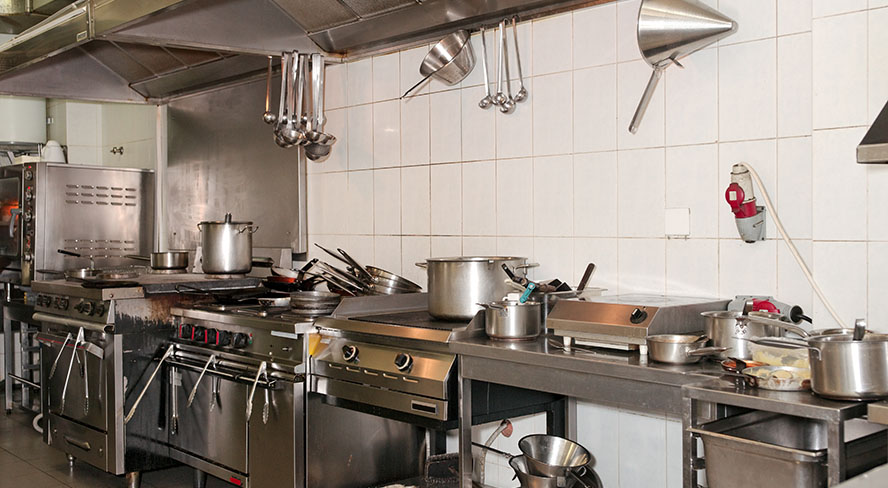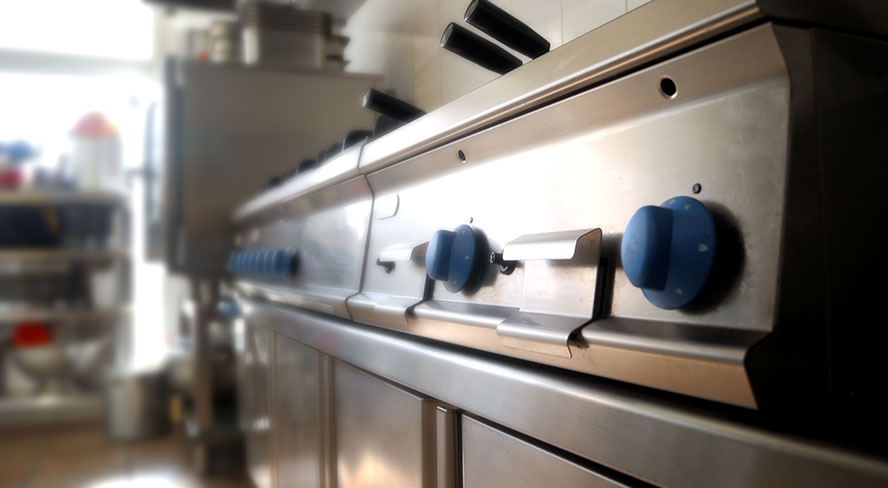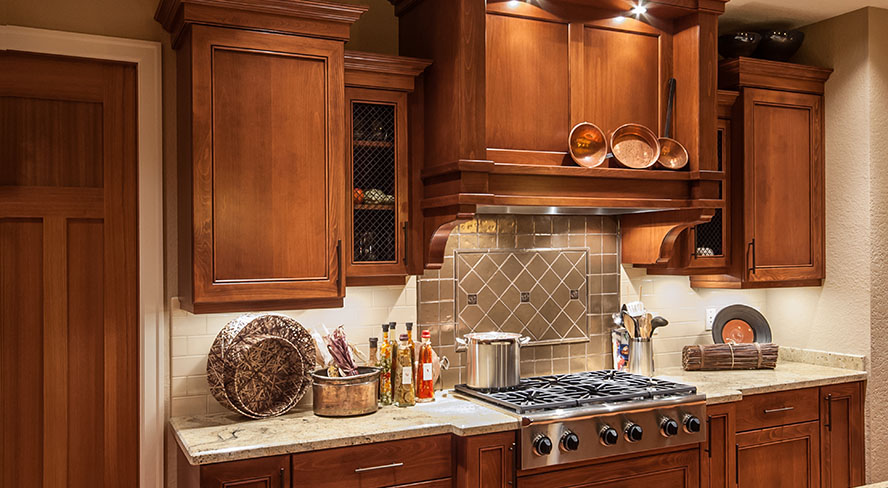The construction industry is perhaps the only industry in the world that continues to grow. With trillions of dollars’ worth of projects taking place around the world, it is only right that the demand for equipment such as cranes increases as well. At the same time, manufacturers actively participating in the competition are coming up with new variants and types of cranes to cater to the ever-growing needs and preferences. Cranes trucks are one of the most popular types of cranes that are used not only in construction but also in transportation and other industries. Considering the number of options of crane truck rentals, it can be difficult to pick the right one. To help you out, we have some important information that will help you out with the process.
What Are The Types Of Crane Trucks?
Before we can dive into discussing how to choose a crane truck, it is important that you are familiar with the different types. This way, you will be better aware of your options and not waste your time and effort looking at things that hold no value.
Hydraulic Truck Crane
A hydraulic truck crane as the term suggests is a crane that uses hydraulics to operate the crane’s boom, hook, and cable. It would be safe to term these machines as the most popular type out there as they are used in a variety of heavy-lifting applications.
These cranes are mounted on trucks and are designed to be compact and flexible in terms of being able to work in relatively complicated settings. Unlike gantry cranes, hydraulic truck cranes do not need to be disassembled and reassembled to be moved to different locations.
The trucks have tires that make it a lot easier for the crane to be transported to multiple locations. Plus, these cranes are also able to handle a variety of terrains. Hydraulic truck cranes can be driven and transported via motorways and highways.
Modern hydraulic cranes come with numerous advanced features that allow the operator to make precise and accurate movements. If the crane is working in a slightly cramped environment, the operator needs to be very careful about lifting weights at certain heights.
Since hydraulic truck cranes come with safety features as well, it is a lot easier to work without the mental pressure of risking the team on the ground. Furthermore, hydraulic truck cranes are also used for maintenance tasks especially when it comes to bridges, tunnels, and highways.
From electrical to sewage and other issues, hydraulic truck cranes can handle all.
Boom Truck
Boom trucks may look similar to hydraulic crane trucks but are slightly different. A boom truck comes with a hydraulic crane which fixed or mounted to a flatbed truck’s rear. In some boom trucks, counterweights are not required.
These types of cranes feature a hydraulic boom with a cable and hook system capable of being folded and extended, allowing the operator to safely reach heights with much more flexibility and maneuverability. However, the downside to boom trucks is that since most of them do not come with counterweights, it can be difficult for the cranes to work in challenging environments.
While they are more maneuverable than larger cranes, one cannot deny the fact that they can also topple over if they are not able to get a hold or grip the terrain. So, look for boom truck rentals VA which have counterweights to avoid the risk of the truck toppling over.
Which Truck Crane To Choose?
Now that you are familiar with the different types of crane trucks, it is equally important for you to consider some factors that will help you make an informed decision.
Define Your Requirements
The first thing you need to do when it comes to knowing how to choose the right truck-mounted crane is to determine and define your lifting requirements. You will need to settle down on the type of loads you will be lifting along with their weight. Accumulating or assessing the weight of each load will help you compare the maximum load capacity of the crane.
Crane Safety
Once you have done that, you will need to evaluate the reach or height at which the crane can safely handle the loads. Each crane varies based on its lifting capacity and features. It will be better to measure the distance from where the crane will stand and the height at which the loads will be lifted. Make sure you don’t play guessing games here as it could lead to serious accidents.
Mobility Of The Crane
Additionally, you will need to assess the mobility of the crane. Although truck cranes as compared to other cranes tend to be compact but still can have difficulties working in certain working environments. That said, you should perform a thorough inspection of the site and make sure there are no obstacles or anything that might risk the crane’s operations.
Moreover, you should also try to measure the amount of space available for the crane to function safely. The proximity of the area should be enough for the crane to move around and change positions if needed.
Local Zoning Laws
Finally, before you rent the crane, you should check the local zoning laws and permit to see what kind of equipment you can use on the site. Knowing this information will help further narrow down the options as some states are strict when it comes to safety.
Do Truck Cranes Need Maintenance?
Another important factor you need to keep in mind while renting a crane is maintenance. Some states are very particular about the maintenance and upkeep of the cranes. They have rules & regulations to ensure working sites remain safe.
So, while going through your options, you should go through the maintenance logs as well. If a crane does not have one, you should not go for it, regardless of how tempting the price is. Opting for a crane that does not have a maintenance log is a huge risk.
On the other hand, truck cranes with proper maintenance tend to be a bit expensive considering they have been timely maintained. But this is a sort of investment and worth it if it keeps mishaps and accidents at bay.
Once you have rented the crane, make sure you perform an inspection both before and after performing lifting tasks. The reason is that truck cranes experience normal wear and tear on a daily basis. As a result, minor leakages, cracks, or damages are part of the process.
However, ignoring them can lead you to a huge problem. While lifting weights, you have to think about the team on the ground. Even a slight leak can compromise the lifting process and damage other expensive equipment as well. Therefore, do not take chances and ensure the crane you opt for is approved by the state to perform.
Conclusion
Choosing the right crane truck should not be a problem as long as you are willing to consider the information mentioned above. Always take your time and be smart about your decisions. Plus, consult your team or rigging companies MD to gather as much knowledge as possible. This will help you make a decision that is worth your time and money.







